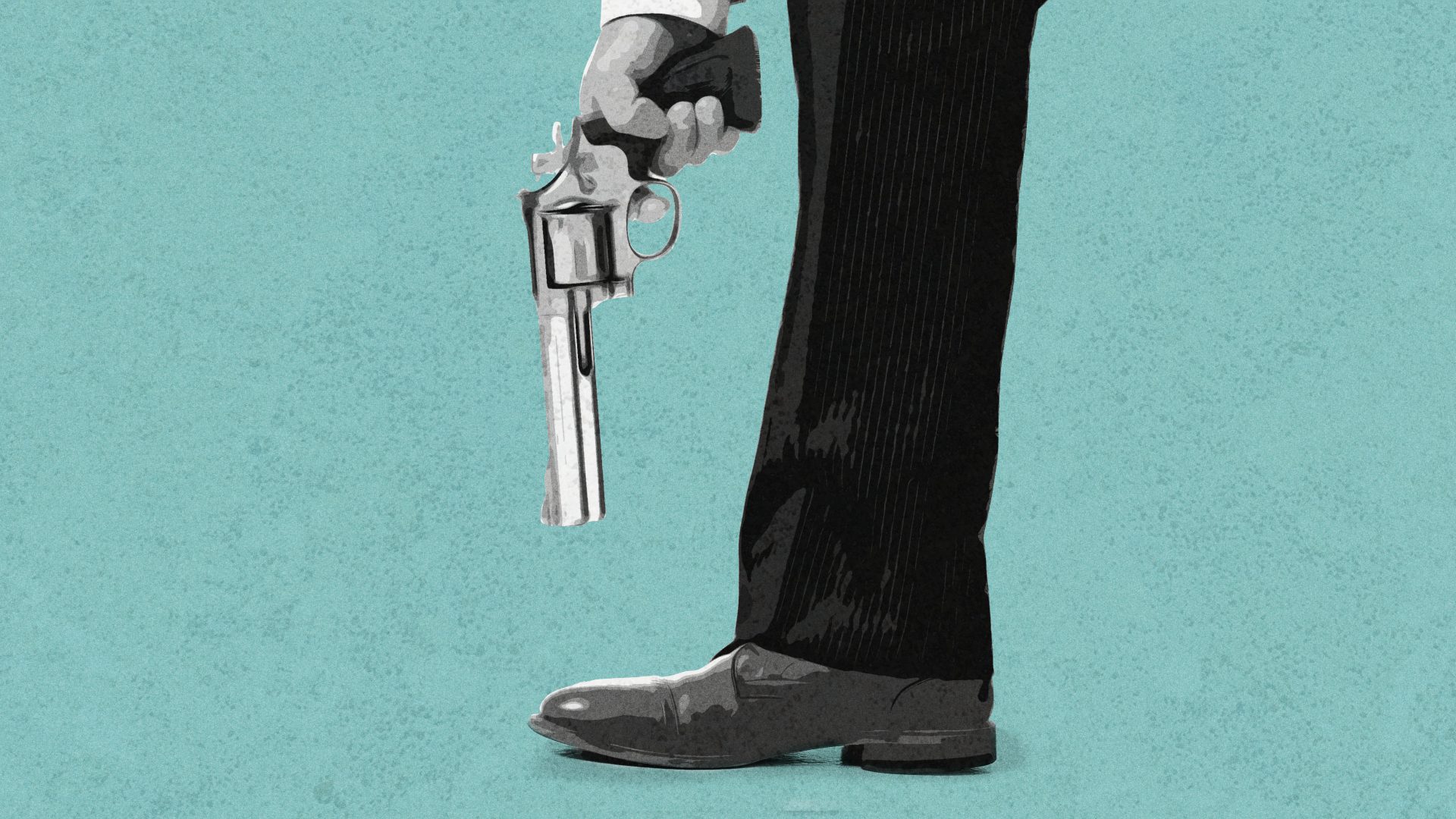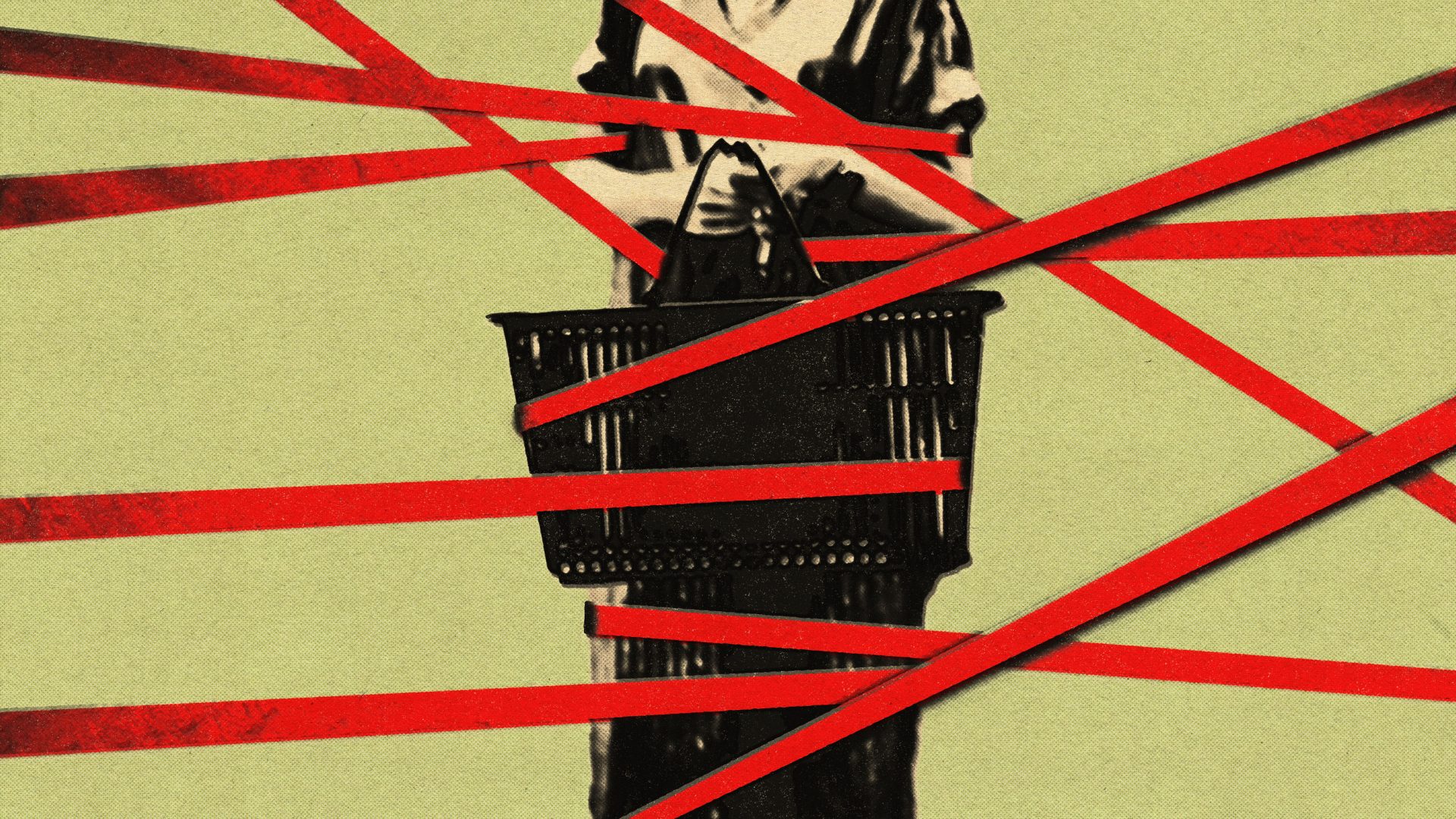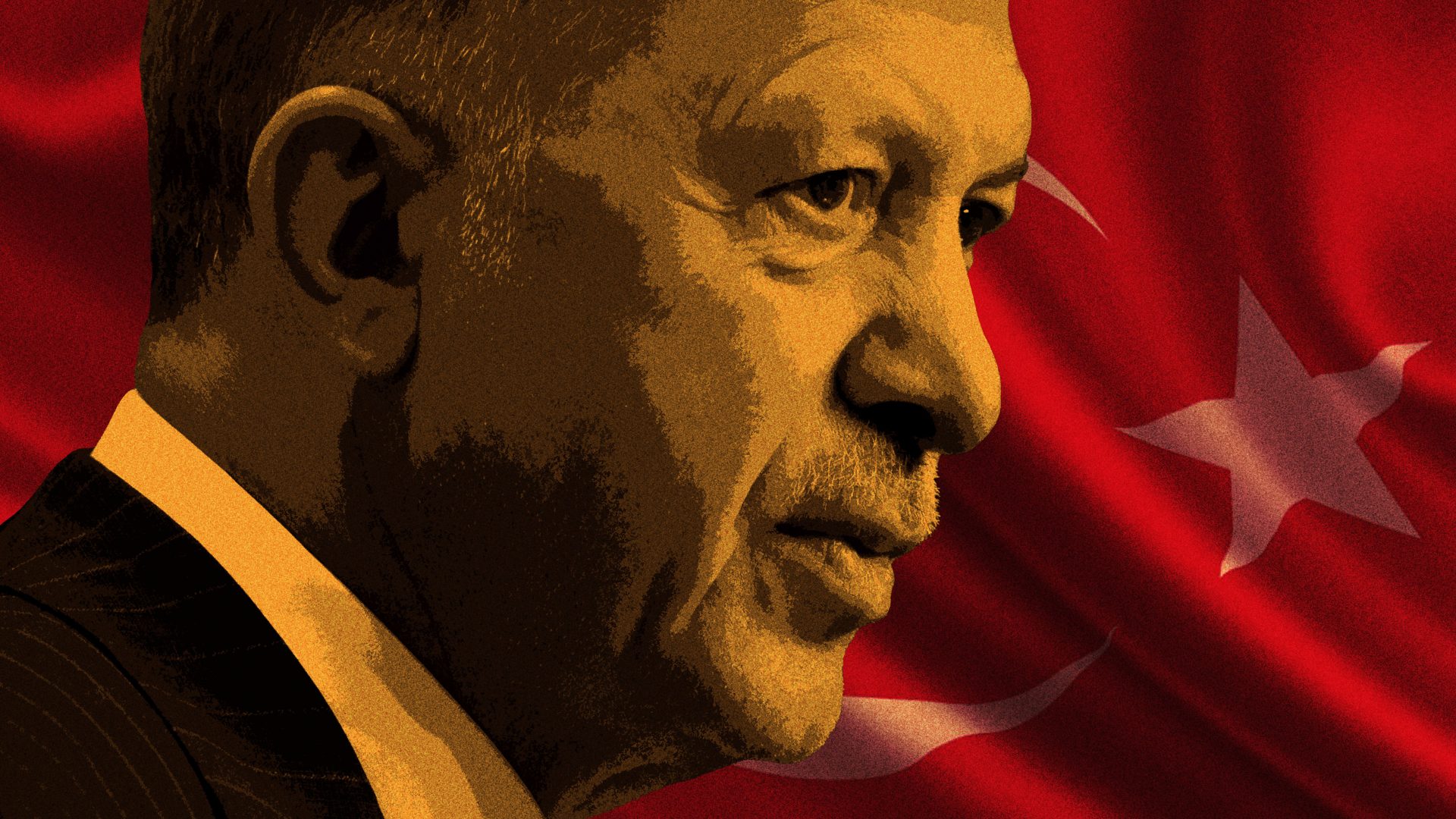It’s been a tough few weeks to be a culture warrior. Tucker Carlson, Fox News’ top-rated host, found himself abruptly dropped just days after the network agreed a jaw-dropping settlement to Dominion Voting Systems over claims of 2020 election fraud that was worth the equivalent of £632m – 10 times the valuation of the voting machine operator.
Over on this side of the Atlantic, Andrew Bridgen found himself permanently excluded from the Conservative Party after spouting a series of increasingly extravagant anti-vaccine claims, both in the House of Commons and on Twitter. The actual comment that got him expelled was a comparison between the vaccine rollout and the Holocaust.
The “fuck around” phase of the culture wars had felt like it might go on for ever – propelling new faces to the fore, becoming the core of political strategies, and the basis for potentially lucrative new business ventures, including GB News and TalkTV. The question is whether we might be at the start of phase two: “find out”.
GB News might have five government MPs presenting its shows, but it is burning through a reported £30m a year in cash, and racking up Ofcom complaints. TalkTV has similarly significant outgoings that have yet to be met by its ratings.
For Fox News, the problems are still bigger – it is hard to suggest that your coverage will remain largely the same when you have just paid a settlement equal to a year’s total profits for firing by far your most successful anchor.
Carlson, who had peddled election theft conspiracy theories and claimed that the January 6 riots were an entirely peaceful protest, was pulling in around three million viewers at the time of his removal. Last Wednesday, his replacement show got 1.33 million.
Fox News could credibly be accused of launching the culture-wars-as-business venture altogether – breaking through as an insurgent network in the slightly more peaceable 1990s, and proceeding under founding CEO Roger Ailes to smash up that consensus.
Fox News had a business model that was almost backlash-proof. Thanks to the loyalty of its viewers, the network could demand significant “carriage fees” from cable operators – payments for every single cable subscriber, to carry the channel to them.
Because of the large potential backlash if Fox News were removed from the channel list, the network typically gets the equivalent of £1.60 a month for every cable subscriber, whether they watch or not. Adverts are just the cherry on top – helping to explain why boycotts didn’t seem to have much effect, even on the most egregious hosts.
Others managed to build similarly lucrative and hard-to-cancel models. For years, Alex Jones’ InfoWars seemed to be a business behemoth for the viewers who found Fox News just too fair and balanced. Jones claimed Obama was building up secret paramilitary forces and that one-world government conspiracies were in play, among other baseless theories.
He then used this to power his telesales business, selling long-term dehydrated food for use in survivalist bunkers, vitamin supplements, and even iodine supplements (for use in case of nuclear disaster).
The business had seemed unstoppable, until the consequences of a conspiracy too far finally caught up with him – Jones was sued by the families of the children killed at the Sandy Hook elementary school massacre. Jones claimed the attack was a “false flag”, that victims were paid actors, and it was a bid to take away Americans’ guns.
This led to devastating consequences for families already in the grimmest of situations. They received rape and death threats, had faeces posted through their letterboxes, and some had to move house for their own safety. For a decade, Jones seemed to have emerged unscathed – until the courts caught up. Now he and his businesses have been ordered to pay a total of £1.12bn to the Sandy Hook families.
There is always a question that hangs over people who are stoking up divides or fuelling conspiracy theories – do they really believe what they are saying, or are they just opportunists, willing to do anything for fame, power or money? The answer clearly differs for each individual, and is almost certainly some combination of all of them for almost everyone who gets involved in that world. But we do not need any of those pushing conspiracies to be entirely cynical for a break in the business model to have significant effects.
Almost everyone needs a salary to live off, and investors generally want to make a return on the cash they put into websites, TV networks, or whatever other platforms they launch. Even if they are largely unfussed about making a profit, the more something costs to subsidise the less time it will last (and the smaller it will likely be).
Given the toxicity around numerous debates in the UK and almost every debate in the US, the culture wars are nowhere near disappearing overnight.
But, for most of the last decade, good (if cynical) business has lined up with fuelling our deepest divisions, or even creating them over topics that were previously largely uncontroversial, like Drag Queen Story Hour.
This has been true on a large scale and a small one. Fox News raked in billions, but even over on Substack (disclosure: I have my own Substack) most of the top earners do so by railing against the mainstream media and pushing conflict. Some of these business models will continue to work. But what happens to the most visible sites not only ripples out to others – who pay attention lest they be next – but also tends to signal that others have felt consequences earlier.
A few years ago, you couldn’t move on UK Twitter but for links to the Canary, Skwawkbox, or similar sites. Given the current antipathy towards Keir Starmer’s Labour from that section of the hard left – and the call for an organised left resistance to it – you would have thought those sites would be thriving. Instead, they have, at best, stalled. Internal divisions, low revenues, struggles to find business models, and repeated legal actions (especially in Skwawkbox’s case) have taken their toll. It is perhaps telling that the surviving UK left startup from that era – Novara Media – is also the most moderate, and the one that most resembles the mainstream.
It is very possible to call a trend too soon – at high altitudes and with limited visibility, a brief plateau can look like a peak. But the last year has reminded all of us that we have very real problems in front of us, and most of us would prefer to talk about those: cost of living, cost of housing, the collapse of public services, the war in Ukraine, the list goes on.
The government seems to be learning the costs of “winning” culture wars on too many fronts. Its politicisation of the BBC board has resulted in a series of scandals dragging in the government and leading last week to the departure of the BBC chair. Attacks on the civil service have created a culture that has backlashed onto cabinet ministers and left the Cabinet Secretary enfeebled. Brexit boosterism has left the DUP blocking the government’s best efforts to bring normality back to Northern Ireland. Every victory in the culture wars seems to bring a defeat.
The “culture wars” are a narrative, a rhetorical device, a story. Polemicists, ministers, strategic consultants, and businesses alike have thought the culture wars a story that it suits them to tell – a story to be used to deliver their goals. Perhaps they are learning that stories are harder to control – and more dangerous – than they realised.




